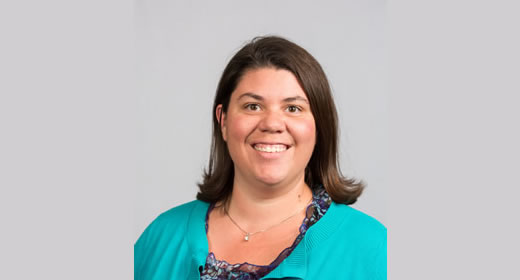
While renewable energy through wind mills is often seen as a coastal undertaking, Sarah Mills, senior project manager at the Ford School’s Center for Local, State, and Urban Policy (CLOSUP), details how research reveals that red states are pursuing wind energy as an “economic opportunity.”
In her recent piece titled “It’s the economics: Red states embracing wind energy don’t do it for the climate,” originally published on October 22, 2018 in The Conversation, and subsequently picked up by Times Union, SFGate, and others, Mills explains the seemingly ironic relationship between red states and renewable energy generation, naming tax policy as the common deciding factor. Wind and solar energy production is “booming in some of the nation’s most conservative bastions,” Mills writes, with “communities in these states see[ing] renewable energy as an economic opportunity.” Not only are farmers incentivized by the income boosts they receive through hosting renewable energy generating platforms on their land, but the taxes they pay are recycled back into their communities. However, this is where such policies go stagnant.
Mills writes that in spite of the economic opportunities, red states are reluctant to increase government interventions. Of the wind-rich states, Mills explains, “None are among the dozen states participating in cap-and-trade systems by 2018.”
“What that means,” declares Mills, “is that conservatives like wind and solar power. They just don’t want the government to tell them that they must use renewable energy.”
So where do we go from here? Mills implies that tying renewable energy development less to climate and more to economic opportunity might see more buy-in. She concludes by stating that she believes “state-level climate policies will undoubtedly play an important role in creating a market for renewable energy,” however her ongoing research contends that “some of these other state-level policies that facilitate getting renewable energy projects built – even in places where talking about climate change may be untenable.”
Sarah Mills is a Senior Project Manager at the Ford School's Center for Local, State, and Urban Policy (CLOSUP). She serves as project manager for the National Surveys on Energy and Environment (NSEE) and the Center's Energy and Environmental Policy Initiative.